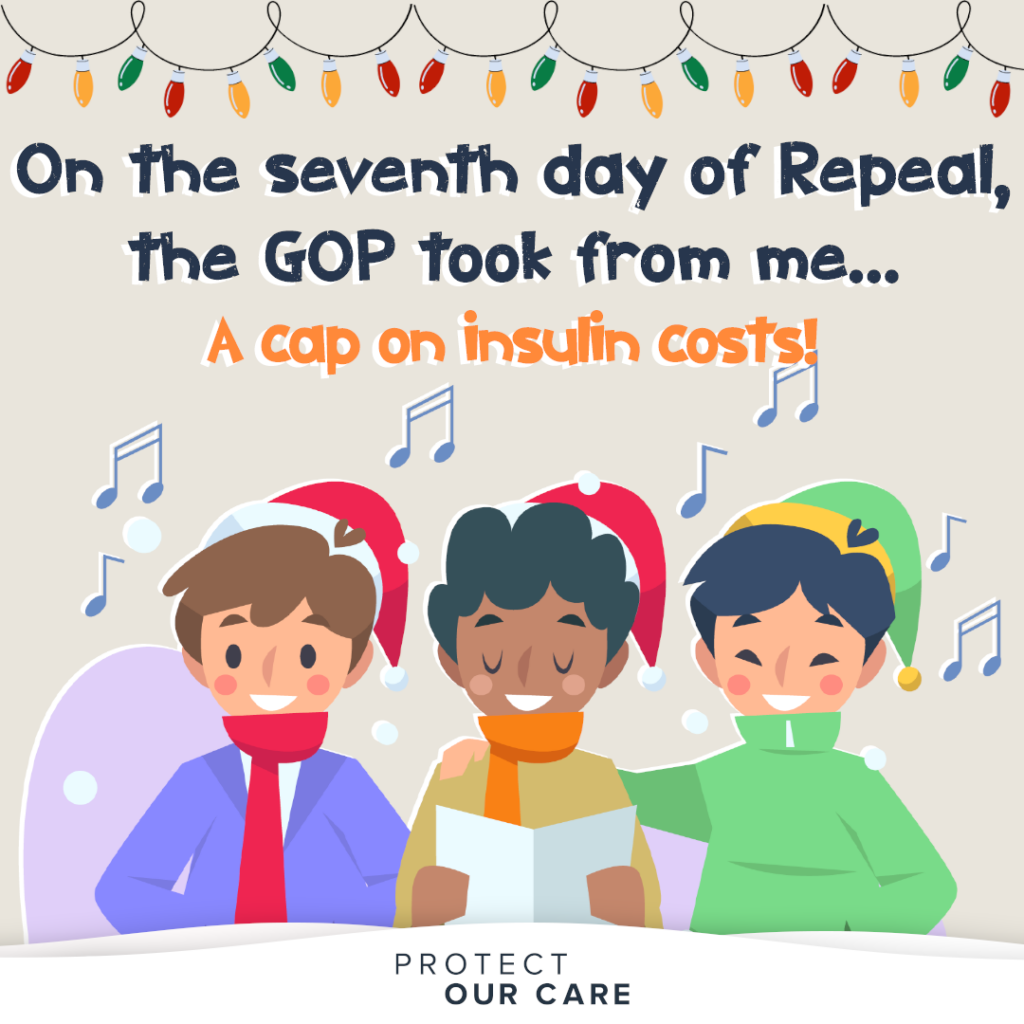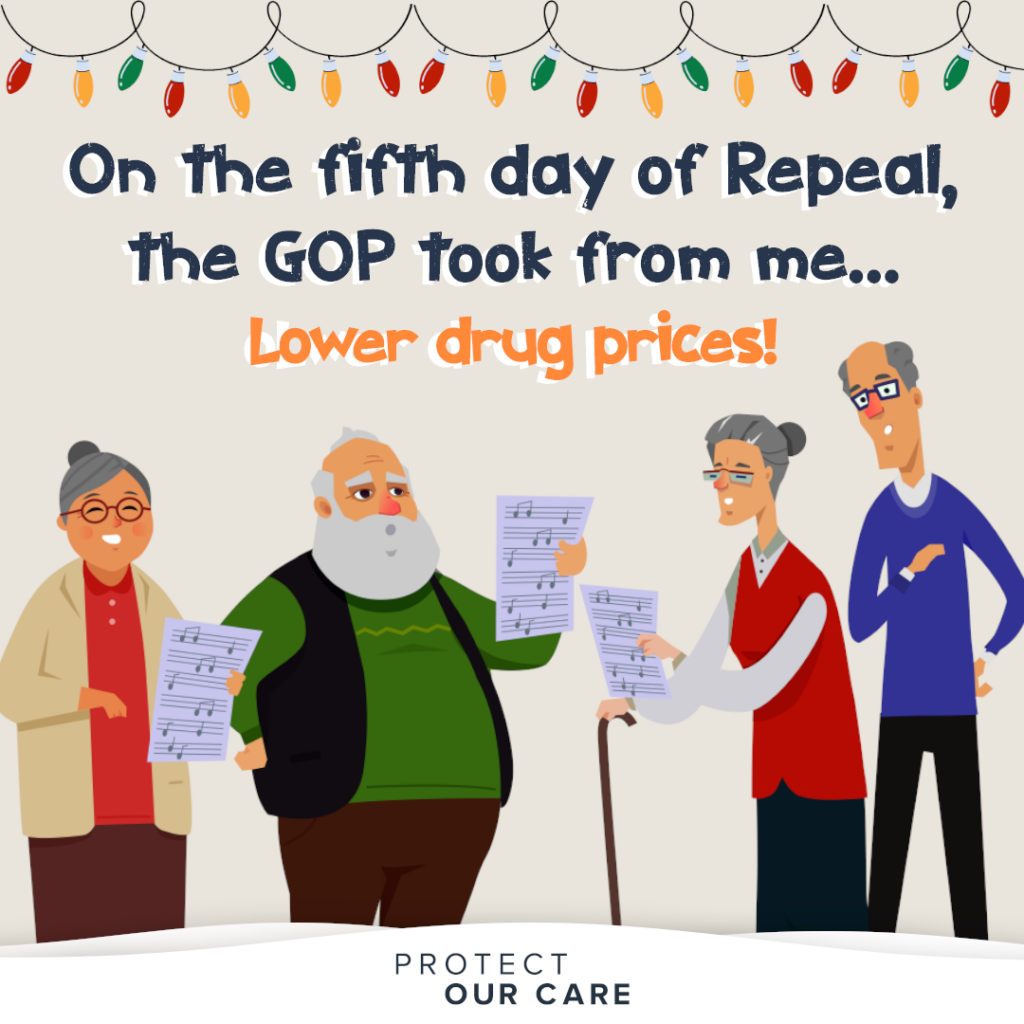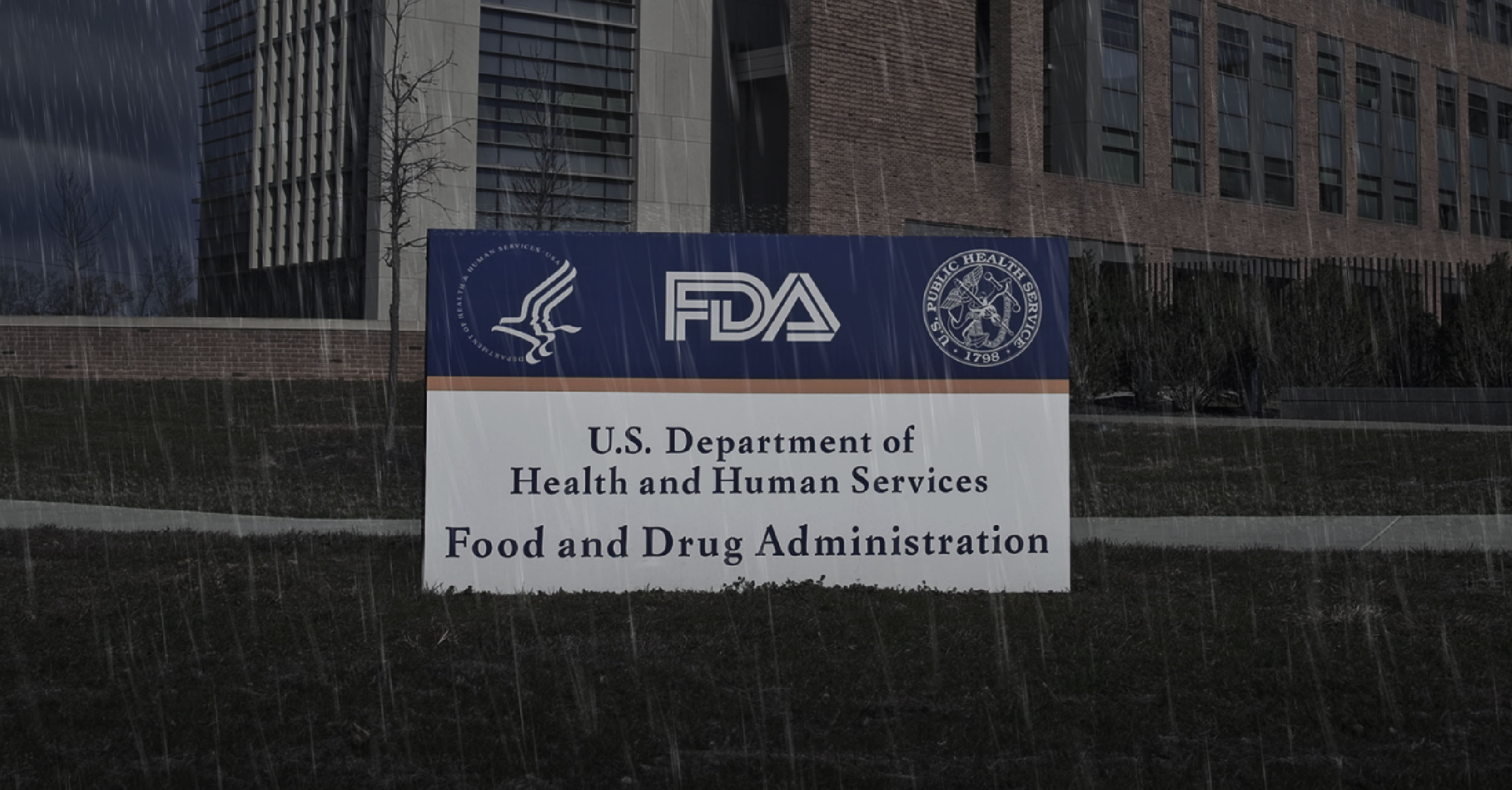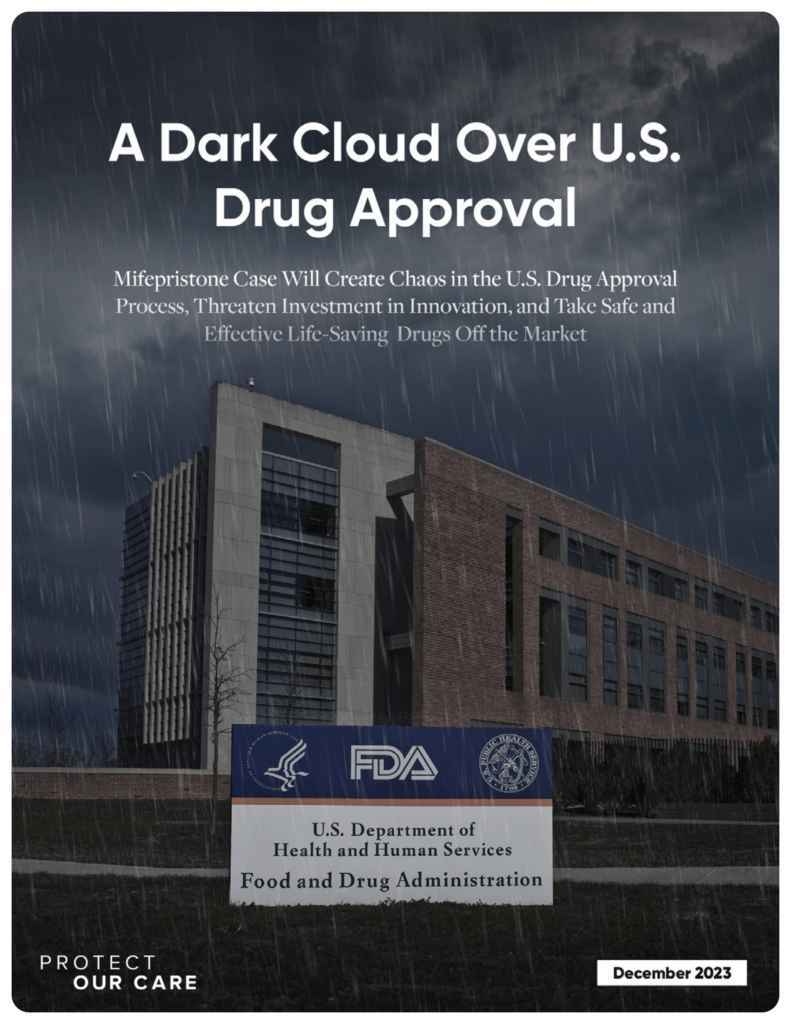Thanks to President Biden, More Americans Have Affordable, Quality Coverage Than Ever Before
As 2023 comes to a close, it’s clear that the Biden-Harris administration has gotten results on health care — lowering costs and protecting coverage for millions of people across the nation. From taking on the drug companies so they can lower prices to reducing insurance costs so more people can afford coverage, Joe Biden really is a health care president. Highlights from 2023 include:
- The nation’s uninsured rate reached the lowest it has ever been in history.
- For the first time ever, Americans on Medicare can get free shingles vaccines and insulin for $35 per month.
- A record 16.3 million people signed up for ACA coverage, and even stronger numbers are expected from the ongoing 2024 open enrollment period.
- Driving down the price of prescription drugs by giving Medicare the power to negotiate lower drug prices on some of the highest cost-priced prescription drugs on the market used to treat conditions like cancer, diabetes, heart disease, and autoimmune disorders.
- Strengthening affordable coverage for new moms and kids.
President Biden’s dedication to the American people is what makes this list of health care accomplishments so long. But the work continues, President Biden will not give up the fight until every American has access to the high-quality, affordable health care they need to thrive.
January 2023
- The Department of Health and Human Services announced that 16.3 million people have signed up for health coverage during the 2023 open enrollment period. This represents a record number of Americans who signed up for coverage under the Affordable Care Act. This is more than a 12 percent increase from the same time last year.
- On January 1, 2023, two key provisions of the Inflation Reduction Act took effect. First, insulin copays are now capped at $35 per month for more than three million diabetics covered by Medicare. Second, all adults on Medicare Part D have access to covered vaccines, such as shingles and Tdap, at no cost. These policies alone will save seniors hundreds of dollars on their health care costs, keep millions of people healthy, and prevent dangerous complications associated with diabetes, shingles, and other serious diseases.
- President Biden signed a new Executive Order, Further Advancing Racial Equity and Support for Underserved Communities Through the Federal Government, to strengthen and reaffirm the administration’s commitment to deliver equity and build an America in which all can participate, prosper, and reach their full potential.
February 2023
- The Biden-Harris administration announced it had effectively implemented the largest adult vaccination program in U.S. history, with nearly 270 million Americans receiving at least one shot of a COVID-19 vaccine.
March 2023
- As a result of the Biden-Harris administration’s stewardship of the ACA Marketplaces since taking office, 4.4 million more Americans, a total of 16.4 million enrolled in affordable Marketplace coverage.
- On the 13th anniversary of the Affordable Care Act (ACA) being signed into law, North Carolina became the 40th state to expand Medicaid, extending affordable health care to 600,000 North Carolinians.
- The Biden-Harris administration announced that, as a result of the American Rescue Plan, an estimated 462,000 Americans across 30 states and the District of Columbia have access to 12 months of postpartum coverage, a key policy to reduce maternal health disparities that exist for Black, Indigenous, and rural mothers.
- In response to calls from President Biden, the three largest insulin manufacturers announced $35 monthly out-of-pocket cost caps, lowering costs of about 90% of the insulin on the market.
April 2023
- HHS finalized a rule to crack down on misleading advertising from insurers on Medicare Advantage plans.
- As the pandemic-era Medicaid continuous coverage requirement ends, the Biden-Harris administration is working to ensure states have the tools and resources available to keep people covered and prevent those who still qualify for Medicaid coverage from losing it, including by making waivers available to make renewing coverage as seamless as possible.
- President Biden announced a historic set of executive actions to support and strengthen the caregiving workforce, including family caregivers and long-term care workers for seniors and people with disabilities.
- The Department of Justice announced it was seeking a stay of the devastating ruling in Braidwood Management v. Becerra, which ends a major provision of the Affordable Care Act (ACA) that requires no-cost coverage of lifesaving preventive health care services. Braidwood is the latest effort by ACA opponents and their Republican allies to dismantle American health care.
- CMS issued two new rules to strengthen access to care for millions of people who rely on Medicaid and the Children’s Health Insurance Program (CHIP). Together, the two new rules would ensure the 92 million adults and children who rely on Medicaid have meaningful access to health care services including primary care, behavioral health and substance use disorder services, and OB/GYN care by establishing national standards for the time patients must wait to see a provider and the distance they must travel.
- CMS released a proposal to expand health care to DACA recipients.
May 2023
- President Biden committed to protecting health care for millions of Americans as Republicans are seeking to rip away coverage for as many as 21 million people who rely on Medicaid through their extreme “Default on America Act.” President Biden told reporters Medicaid is off the table while the White House confirmed “he will not accept proposals that take away peoples’ health coverage.”
- CMS announced a proposal to increase prescription drug pricing transparency in Medicaid to hold drug manufacturers accountable while saving taxpayers money and strengthening Medicaid.
June 2023
- President Biden signed legislation protecting millions of Americans’ health care, avoiding default on our nation’s debt. This victory was achieved for the American people despite Republicans’ best effort to rip Medicaid away from 21 million Americans with burdensome paperwork requirements after trying to hold the economy hostage in order to get their way.
- The Biden administration announced that the number of drugs subject to the Inflation Reduction Act’s inflation penalties has doubled. This means that 43 prescription drugs had price hikes outpacing the annual rate of inflation last quarter, and now these drug manufacturers must pay Medicare a rebate and Medicare beneficiaries will see lower coinsurance costs. According to CMS, beneficiaries could save up to $449 per dose on these drugs.
- The Biden administration announced investments in helping up to 3 million eligible seniors and people with disabilities enroll in the Extra Help program in 2023 to benefit from the program’s lower cost premiums, deductibles, and copayments. The program. The Inflation Reduction Act expanded the program, and the expansion goes into effect in January 2024.
July 2023
- The Biden administration announced new executive actions to lower health care costs and protect people with pre-existing conditions. The new actions eliminate surprise medical bills and limit junk insurance plans that do not need to cover people with pre-existing conditions like asthma, cancer, and diabetes.
- HHS finalized the guidance that describes how Medicare will negotiate with big drug companies for lower drug prices, and released a new report showing that nearly 19 million people with Medicare will save an average of $400 thanks to the Inflation Reduction Act’s $2,000 annual cost caps alone.
August 2023
- The Biden administration announced the first round of high-cost drugs whose prices will come down as part of the Inflation Reduction Act’s Medicare Drug Price Negotiation Program. This program will lower prices for some of the highest-priced prescription drugs on the market used to treat conditions like cancer, diabetes, and autoimmune disorders – conditions that disproportionately impact women, communities of color, and people in rural areas.
- The Biden administration announced that it is requiring states to take immediate action to ensure their Medicaid systems to automatically renew coverage do not disenroll people who currently qualify for Medicaid. This action is essential to protecting coverage for people who rely on Medicaid and will especially help children and people of color stay covered.
September 2023
- The Biden administration released a historic proposed rule that strengthens prohibitions discrimination for people with disabilities in any program or activity receiving funding from HHS.
- The Biden administration announced that nearly 500,000 children and adults who were improperly disenrolled from Medicaid and CHIP will regain their coverage. Thanks to the Biden administration’s actions, those people will once again receive Medicaid coverage and any medical bills they incurred while they were disenrolled from the program will be covered.
- The Biden administration successfully defended a lawsuit from drug company allies that would have halted Medicare’s ability to negotiate lower drug prices.
November 2023
- The Biden administration announced that 1.6 million people have signed up for health care coverage on the ACA Marketplace during the first week of open enrollment, which represents a 50 percent increase over the same period last year. Of those who signed up week one, more than 300,000 were new customers.
- The White House and HHS released new resources to help support federal agencies, states, local and tribal governments to better coordinate health care, public health, and social services — specifically by releasing the first ever U.S. Playbook to Address Social Determinants of Health.
- CMS proposed a rule to allow states to include adult dental services as an essential health benefit that ACA health plans must cover without annual or lifetime limits.
- CMS approved Missouri as the 40th state to implement a full 12 months of Medicaid postpartum coverage, which was an option made available through the American Rescue Plan.
December 2023
- The Biden administration announced plans to lower prices for certain high-priced medicines by developing a policy for using federal “march-in rights” to license drugs to other manufacturers who could sell it for less. The plan includes a new framework for federal agencies to determine when it is appropriate to apply march-in rights authority to a specific high-cost drug that was developed using taxpayer dollars. The move is expected to stop price gouging and boost competition between drug manufacturers to lower prices for patients.
- The Biden administration announced that dozens of drug companies will be required to pay a rebate to Medicare because they raised prices faster than the rate of inflation. In total, 48 drugs under Medicare Part B hiked prices faster than inflation in the last quarter of 2023, and now the rebate payments are expected to save seniors who take these drugs up to $2,786 per dose.
- The Biden administration also announced a new policy to ensure the best value for taxpayers by establishing a fair pricing standard for medical products purchased by the Administration for Strategic Preparedness and Response.
- The Biden administration released a new report on the first 10 drugs selected for Medicare negotiation under the Inflation Reduction Act. Seven of the 10 drugs used taxpayer dollars during development and the rate of growth in spending for these 10 drugs was more than 3 times as fast as for all Part D drugs over the same period.
For the full list of President Biden’s health care accomplishments, click here.

 On the 7th day of repeal, the GOP took from me:
On the 7th day of repeal, the GOP took from me: 





